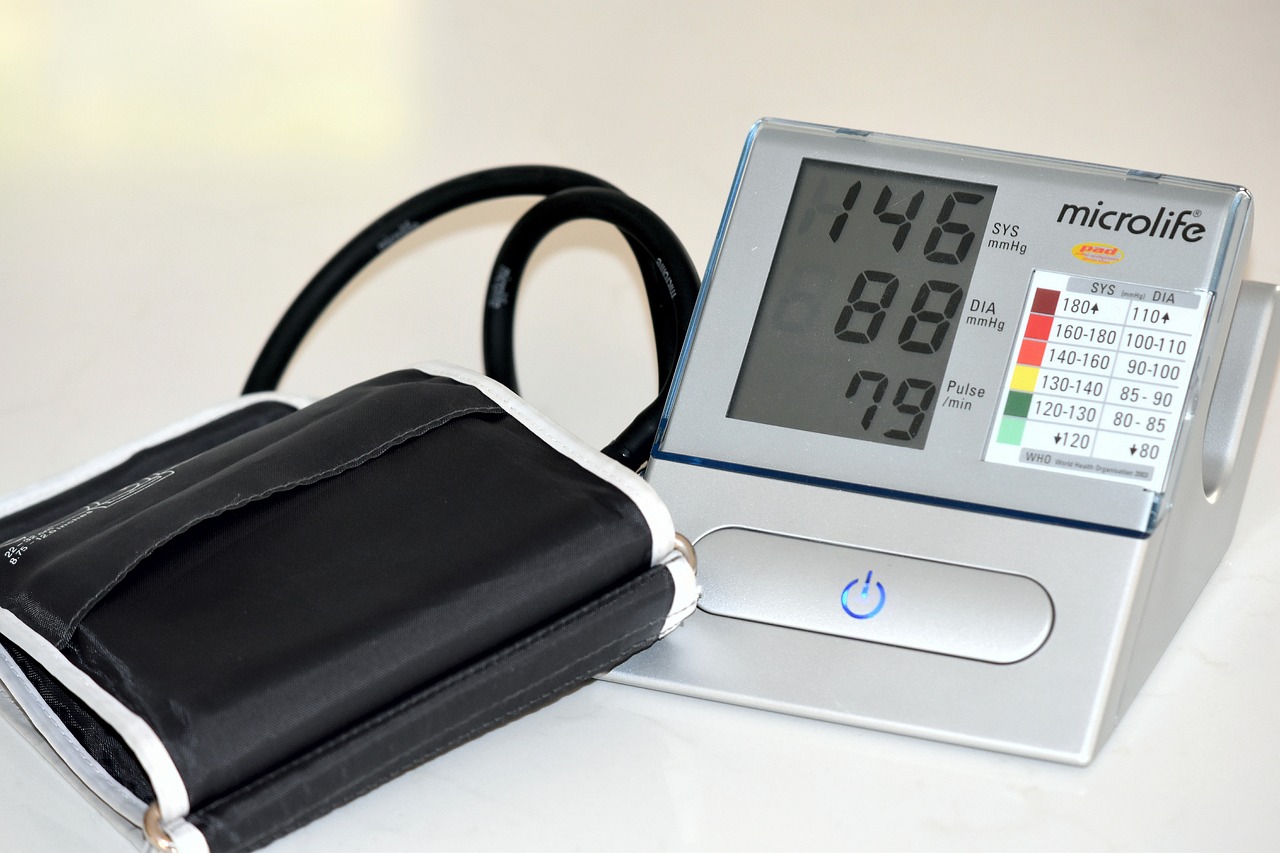The term for high blood pressure is often “the silent killer.” It is an extremely common health issue that might not show any visible symptoms for years and yet slowly be causing damage to your body. In this blog, some of the risks associated with high blood pressure—among them, heart disease, stroke, and kidney disease—are explained, along with some tips about how one can keep this silent condition under control.

What is High Blood Pressure?
High blood pressure, also referred to as hypertension, is a condition caused by the blood’s constant high pressure on the walls of your arteries. Blood pressure readings are given in millimeters of mercury (mmHg) and include two numbers: systolic, the pressure when the heart beats, and diastolic, the pressure when the heart rests between beats. The usually recorded reading, showing hypertension, comes at 130/80 mmHg or higher.
The Dangers of High Blood Pressure
1. Heart Disease
Hypertension is among the major risk factors of heart diseases. Blood with high pressure causes the heart to pump blood with a greater degree of difficulty, which in turn may result in the following:
– Thickening of Heart Muscle: The heart muscle thickens over time and becomes more rigid. This process is called left ventricular hypertrophy. It could weaken the ability of the heart to pump blood easily.
– Heart Attack: Uncontrolled high blood pressure generally leads to damaged arteries, and then even the slight/tiny damage can cause plaque buildup; if a clot blocks blood flow to the heart, the result is a heart attack.
– Heart Failure: The extra workload on the heart, caused by high blood pressure, will, in due course of time, put it out of order and thus lead to heart failure—in which the heart cannot pump enough blood to supply the requirements of the body.
2. Stroke
Hypertension is the major risk factor for stroke. High blood pressure can:
– Brain hemorrhage: Weakness of the blood vessels of the brain from high blood pressure may cause them to burst and result in a hemorrhagic stroke.
– Ischaemic Stroke: There is also the formation of clots that block blood flow to the brain as a result of high blood pressure, which may precipitate an ischemic stroke.
3. Renal artery disease
Your kidneys filter waste and extra fluids from your blood. This process depends on healthy blood vessels. Hypertension can harm these vessels, which can lead to:
– Chronic Kidney Disease: High blood pressure damages the blood vessels of the kidneys. When this happens, the kidneys can’t work well. After some time, this can cause CKD or even kidney failure.
– Kidney Scarring (Glomerulosclerosis): High blood pressure scarring to the small filters in your kidneys, called glomeruli. It impairs kidney function, leading to decreased filtering of blood.
How to Manage High Blood Pressure
There are various ways of reducing the risks of complications that may result from high blood pressure. Discussed herein are some of the measures on how to control your blood pressure:
1. Maintain a Heart-Healthy Diet
Cut Down on Sodium: Consume less than 2,300 milligrams of sodium per day. One way to do this is by reducing most processed and packaged foods.
Eat Plenty of Fruits and Vegetables: Aim to have at least five servings of fruits and vegetables daily. They’re full of potassium, an element that brings down blood pressure.
Choose Whole Grains: Whole grains like brown rice, quinoa, and whole-wheat bread are amongst the healthier options and tend to keep blood pressure in check.
Limit Saturated and Trans Fats: Get lean proteins and good fats from sources like fish, nuts, and olive oil.
2. Stay Active
– Aerobic Exercise: Accumulate at least 150 minutes of moderate aerobic physical activity, such as brisk walking, or 75 minutes of vigorous activity, like running, during the week.
– Muscle-Strengthening: Incorporate strength training exercises into your routine at least two times a week.
3. Maintain a Healthy Weight
– Losing as few as 10 pounds in weight if you’re overweight can make a big difference in your blood pressure.
4. Limit Alcohol and Avoid Tobacco
– Alcohol: Moderate alcohol consumption, if at all. For men, two drinks a day, and for women, one drink a day.
– Tobacco: Quitting smoking improves your overall heart health and lower blood pressure.
5. Keep Stress Under Control
– Relaxation Therapies: Deep breathing, meditation, or yoga exercises could reduce stress levels.
– Adequate Sleep: Ensure adequate sleep as it may have negative implications on blood pressure.
6. Keep Track of Your Blood Pressure
– Regular Check-Ups: Visit your health provider periodically to check your blood pressure and follow up on your overall health.
– Home Monitoring: Home blood pressure monitor assists in checking the trend of blood pressure between visits to the doctor.
Conclusion
High blood pressure is a silent killer if it goes unmanaged. Knowing the risks and taking actions to keep your blood pressure under control can save your heart, brain, and kidneys and give you a healthier, longer life. So, be ever on the lookout, begin a heart-healthy lifestyle, and make checking your blood pressure regularly one of your top priorities.